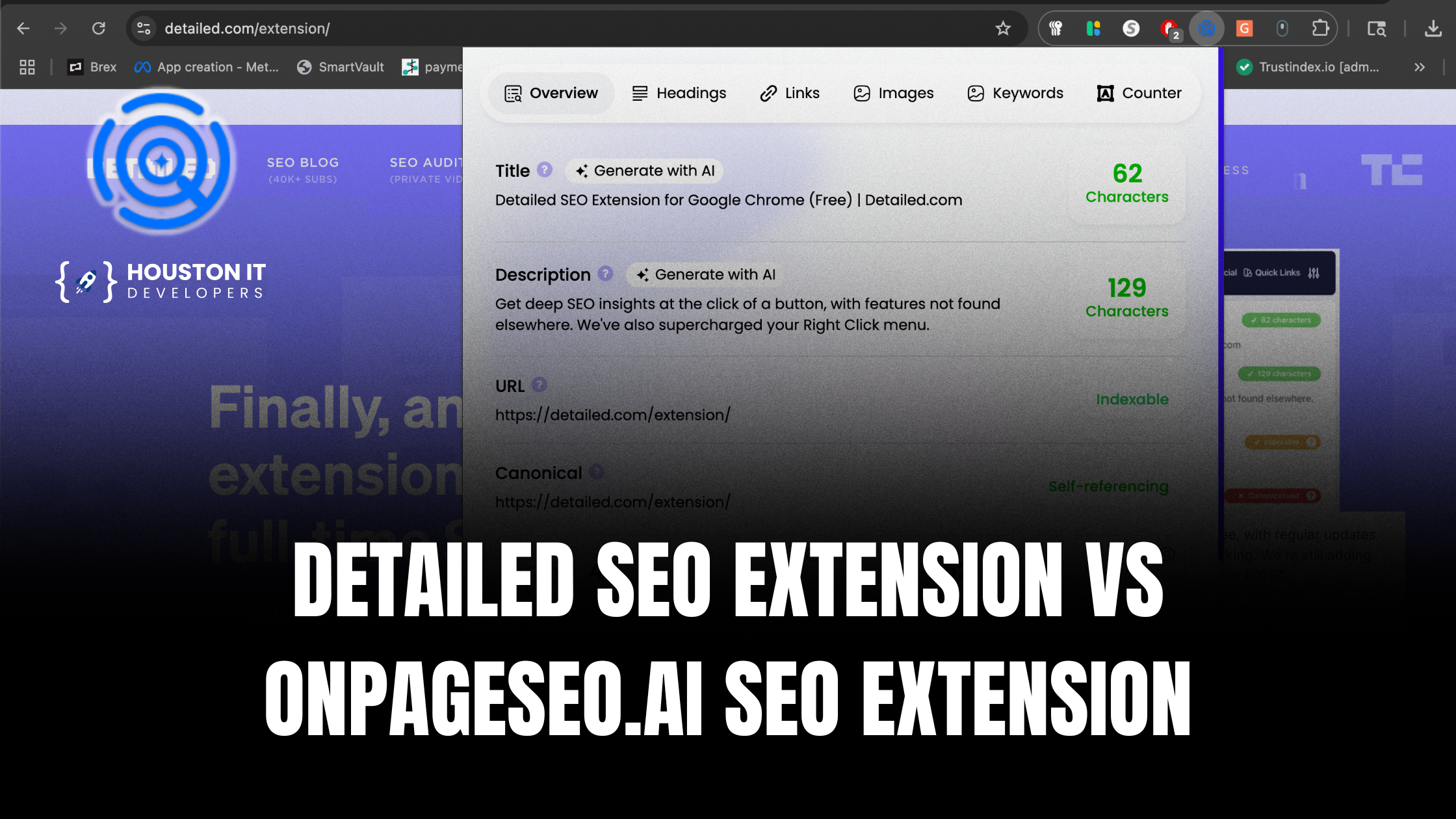Intangible digital assets are more valuable than that- they are indispensable in getting relevant business leads, being the face of the business, and helping businesses achieve their business goals. That’s why web development services are more important now than ever, with businesses looking toward a holistic solution. They don’t want just a website or an app, they want an entire custom web development service that can help them sync all their digital assets and their processes into a single platform. This is no mean feat, it requires an army of coders and other professionals who have varied skill sets to work cohesively to fulfill client requirements within resource limits.
To simplify matters, web developers use web development frameworks to help them code more efficiently and quickly. These frameworks help automate many of the manual coding processes that are prone to errors if done manually. In essence, these web development frameworks help coders to concentrate on developing the features and configuring them rather than writing endless lines of code.
Why are web frameworks necessary?
Reduces complexities and errors- Using frameworks helps to streamline the development process and avoid potential bugs and errors. Using a framework helps you concentrate on the application while it takes care of background details like the data binding and configuration requirements.
Improves code efficiencies and reusability- Developers have to use web frameworks as they have handy features that reduce the web development cycles. For instance, there is the hot reload and live reload feature, which comes in handy when you have to check the effectiveness of your code.
Reduces the code length- Besides helping save time with code reuse, frameworks also help save the coders time by shortening the code length. This happens with the help of code generation features that allows easier modification and up-gradation of code.
Helps you develop with minimal resources (Bootstrap)- Web development frameworks have tools and features that ensure developers aren’t compelled to write lengthy code from scratch. Even if you aren’t an experienced coder, web development frameworks help you explore features and code at par with an experienced web developer.
Reduces work labor- Other tools that these web frameworks provide include those that help to automate tasks like caching, URL mapping, authentication, and many more, helping reduce labor costs.
Helps secure the digital assets- Besides saving time, web frameworks help enhance the digital asset’s security against current and future security threats. To protect against cyberattacks of various kinds, frameworks can be used to create custom security solutions.
What are the types of web development frameworks?
Web development frameworks are generally client-side or server-side, while some allow development on both ends. These are called full-stack frameworks.
Front-end frameworks (client-side) – The front-end framework is used to deal with and work on the web application part that you see, experience, and interact with. Although complex processes happen in the background, the front end is what the user experiences and it has to work just as per expectations. That’s why front-end frameworks are used to make web applications, websites, and mobile apps to develop interactive, user-centric digital assets.
Back-end frameworks (server-side)- You can think of a back-end web development framework as a library of tools and features that help you create digital asset structures. This contains the server, the database, and the code that interacts between the two. A back-end server-side framework helps to simplify common web development tasks like database interaction, URL routing, user authentication, management of push notifications, and much more.
Frameworks commonly used for web development
Front end frameworks
Vue JS- This is an upcoming web development framework that has its progressiveness as its USP. In essence, this means you can use Vue JS for a part of your project while the other parts work just as expected. Vue JS is praised for its simplicity, flexible design structure, and TypeScript (A superset of JavaScript) support. Web applications like Behance, 9GAG, Chess, and others use Vue JS.
Angular JS- This open-source web development framework has been a favorite for many coders for more than a decade. It has a robust set of features and can be used easily with HTML, CSS, and TypeScript code. It is also one of the best web development platforms for cross-platform and client-side web development, attracting the interest of many large MNCs. Popular web applications that use Angular JS include Forbes, UpWork, PayPal, and Microsoft Xbox.
React- React is a popular choice for web developers looking to create a single page or dynamic web application. React is pretty well known for its SEO-friendliness, flexibility in use, and server-side rendering. What’s more, you can make websites, web applications, and even mobile apps with React. In essence, React is an open-source JavaScript library of tools and features that aid in making various kinds of digital assets.
JQuery- One of the oldest yet most reliable web development frameworks, JQuery is a lightweight and open-source JavaScript library that helps web developers build robust web applications. Simple and easy to use, JQuery is not only known to be SEO-friendly but also great to use in tandem with WordPress Development Services and other website and app development services.
Ember JS- Coders consider Ember JS to be one of the most productive JavaScript frameworks which use the MVVM paradigm. Ember JS is known to help coders create reusable and maintainable JavaScript web applications by maximizing developer work input and eliminating time-wasting features. Many popular web applications like LinkedIn, Apple, DigitalOcean, and others use Ember JS
Back-end frameworks
Django- This is one of web developers’ favorite web development frameworks for developing complex, data-driven, and highly scalable web applications. Django has a set of syntax rules that help coders build clean, highly maintainable, and readable web applications. Web applications that use Django include BitBucket, YouTube, Instagram, and the Washington Post.
Ruby on Rails- Based on MVC, this open-source backend web development framework gives tough competition to various other technologies. It places a strong emphasis on software engineering patterns and processes like CoC (Convention over Configuration) and DRY (Don’t Repeat Yourself). Ruby on Rails is a tried and tested web development framework that helps coders develop high-speed applications. In fact, coders have found RoR handy to develop applications ten times faster than other Java frameworks. Web applications like Shopify, Slideshare, Airbnb, and others are based on Ruby on Rails.
ASP.NET- This is a popular web development framework that has proven to be invaluable for creating dynamic websites, applications, and services. Compatible with most JavaScript-based front-end web development frameworks, ASP.NET is famous for its high-performance features and tools, besides its scalability and flexibility. Web applications that use ASP.NET include Visual Studio, Stack Overflow, and TacoBell.
Express.js- This open-source, back-end web development framework is designed to build almost all kinds of digital assets. It has robust features that allow for seamless debugging, fast back-end programming, and routing. Coders use Express JS for rapid web application development. Some notable examples of its use include PayPal, Coursera, Myntra, Accenture, etc.
Laravel- A PHP-based open-source backend web development framework, it has been designed to help web developers express their creativity and elegance with their coding work. Web developers praise Laravel for its rich features, easy execution, and extreme versatility. Web developers have used Laravel to create web application masterpieces like Watchseries, Deltanet Travel, and Neighborhood Lender.
Last words
In essence, both types of web development frameworks act as a sort of catalyst to speed up the web development process. Sometimes, these frameworks compete among themselves for web developers’ attention, as most of them provide similar features for coding ease.
For professional and time-bound web development services, you require a service provider who would be able to understand your requirements and deliver them within your resource constraints while they use the relevant web development frameworks and other tools to get the job done.
Houston IT Developers have successfully understood and executed many unique web development projects for a multitude of clients. If you have a requirement, they’ll arrange a free consultation to understand how you should go about this.








